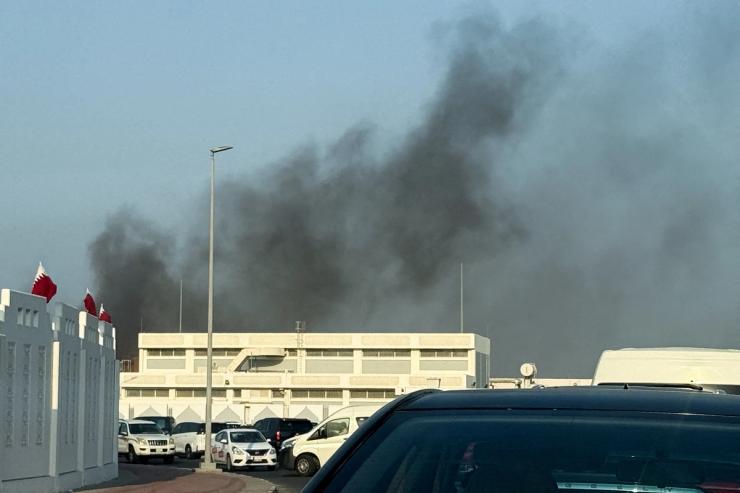Mohammed’s view
With the five-year anniversary of the Abraham Accords approaching, what was once billed as the start of broader Israeli integration into the Arab world is instead marked by a hardening of positions. Israel’s strike on a Hamas compound in Doha this week drew swift condemnation from Saudi Arabia, the UAE, Europe, and even the US, which said the bombing violated Qatar’s sovereignty.
For Gulf leaders, the strike underscored the limits of their American security agreements, which have failed to deter Iranian, Houthi, and now Israeli aggression within their borders.
Behind closed doors, sympathy for Hamas is scarce. Most Gulf leaders share Israel’s hostility to the group that carried out the Oct. 7, 2023, massacre and which claimed responsibility for killing six civilians in Jerusalem on Monday. Where they diverge is over what comes next: how to end the Gaza war, consolidate Israel’s battlefield gains against Iran’s proxies, and stabilize the region.
During a visit to Israel last week, I spoke with officials, soldiers, and civilians from across the political and religious spectrum. (I didn’t visit Gaza or the West Bank.) While views differed, I was struck by a shared sense of isolation and anger over why global opinion has turned on Israel, from the outrage over Oct. 7 to alarm over Israel’s militarized approach in Gaza, Iran, Iraq, Lebanon, Syria, Yemen, and now Qatar.
The other takeaway was the hardening of Israeli society itself. Just a few years ago, there was a clearer split over the creation of a Palestinian state and the pursuit of regional peace. Today, there’s deep mistrust of all Palestinians. Many Israelis I met were eager to improve ties with Arab states — those who visited Dubai raved about it — but their views towards Palestinians, not just Hamas, suggests a schism that summits in New York or negotiations in Doha can’t easily heal.
Israel’s new recipe for security extends beyond restoring deterrence and building up physical defenses. There are now plans — which many would deem improbable — for “de-radicalizing” Palestinians, hoping future generations will abandon “from the river to the sea” aspirations and accept Israel’s existence. In theory, Gulf states and the US could endorse such a vision if it translates to regional stability and security. In practice, it is a multi-decade project, and perhaps one lesson of the Abraham Accords is how much can change in a fraction of that time.
In this article:
Room for Disagreement
Israel’s strike in Doha was based on intelligence that senior Hamas leaders were gathering, offering a rare chance to eliminate some of the group’s last officials, writes Joe Truzman in the pro-Israel think tank Foundation for Defense of Democracies’ Long War Journal. The timing — as they discussed a US ceasefire plan — raises “questions over whether the proposal was intended to draw them together,” he noted.
That Hamas leaders in Qatar were targeted, even though the country isn’t at war, shouldn’t be surprising, The Wall Street Journal argued in an editorial. Hamas chiefs filmed themselves celebrating the Oct. 7 massacres, and there is no distinction between its political and military wings. “There’s a reason we don’t allow al Qaeda or ISIS leaders to act as statesmen, immune from attack, while their death squads go about their work,” the editorial board wrote.
Notable
- Palestinians seem fated to miss out on statehood and are “among history’s losers,” destined to become a global diaspora because there is nothing left for them in Gaza and the West Bank, writes Bloomberg columnist Max Hastings.
- Israel’s self-defense policies risk engulfing the region in turmoil and harming the country’s stability. Saudi Arabia’s mediation for a two-state solution may offer an exit, Saudi professor Dr. Turki Faisal Al-Rasheed writes in Arab News.



